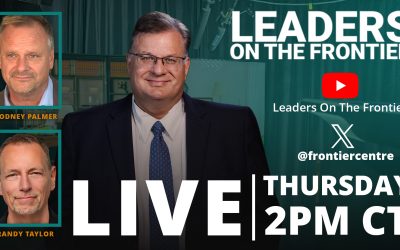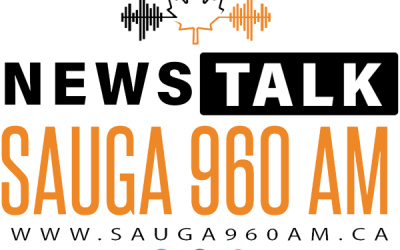Today the Frontier Centre for Public Policy released a new report by Michael Zwaagstra, a well-known teacher, author, and Frontier Centre Senior Fellow. Content Knowledge is the Key to Learning critiques the fad of 21st Century Learning and makes the case for substantive content knowledge in all subject areas and at all grade levels.
A number of provinces, most notably Alberta, British Columbia, and Ontario are changing their K-12 school curricula to reflect the priorities of the 21st Century Learning movement. Zwaagstra says these provinces are moving in the wrong direction.
The report exposes the 21st Century Learning movement, with its focus on non-content specific skills such as critical thinking, as a repackaged version of the failed education ideas espoused nearly a century ago by progressive education professors. In fact, students learn best in a content-rich learning environment.
According to Zwaagstra, solid content knowledge is essential for reading comprehension, makes critical thinking possible, and empowers students from disadvantaged backgrounds. Each of these claims is backed up in the report with multiple research studies.
“By restoring knowledge to its rightful place,” concludes Zwaagstra, “we can help ensure that all students receive a top-quality education.”
Read the entire study here: FC200_Content Knowledge_AG0217_F1



